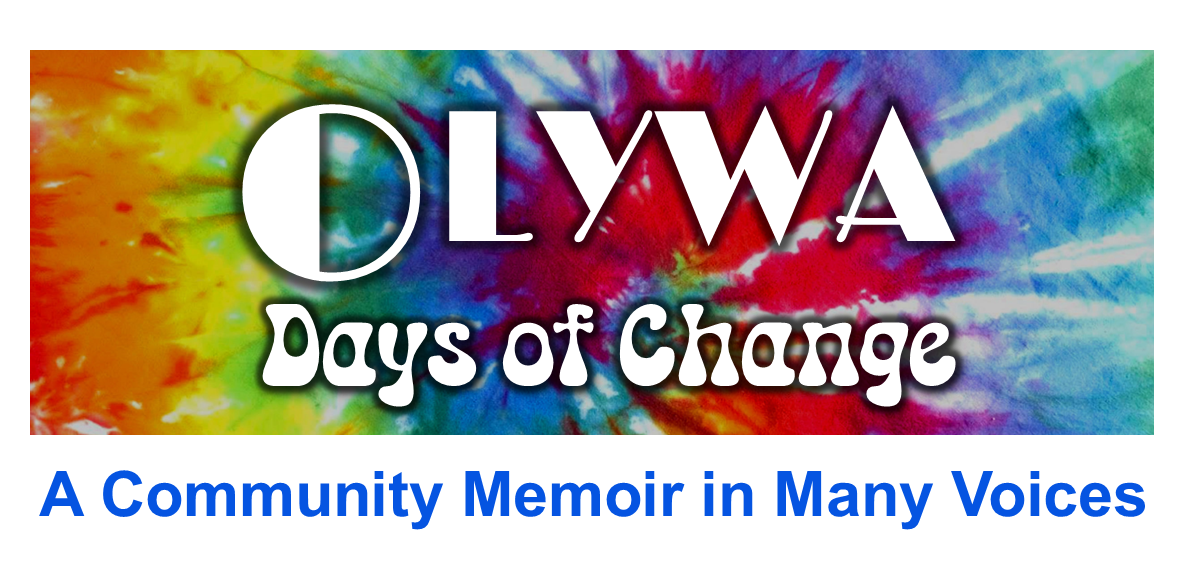Topless Inventory – By Beth Hartmann
There was a new rule at the co-op. It was a warm summer, and men were regularly coming into the store without shirts on. Now this was troublesome for some of the women who saw inequality and male privilege in this display.
